Speaking at the meeting hall, delegate Tran Thi Thu Dong, Vice President of the Vietnam Union of Literature and Arts Associations (a delegate from the National Assembly Delegation of Ca Mau province), expressed her opinion: "This provision should not be included in the law at this time."
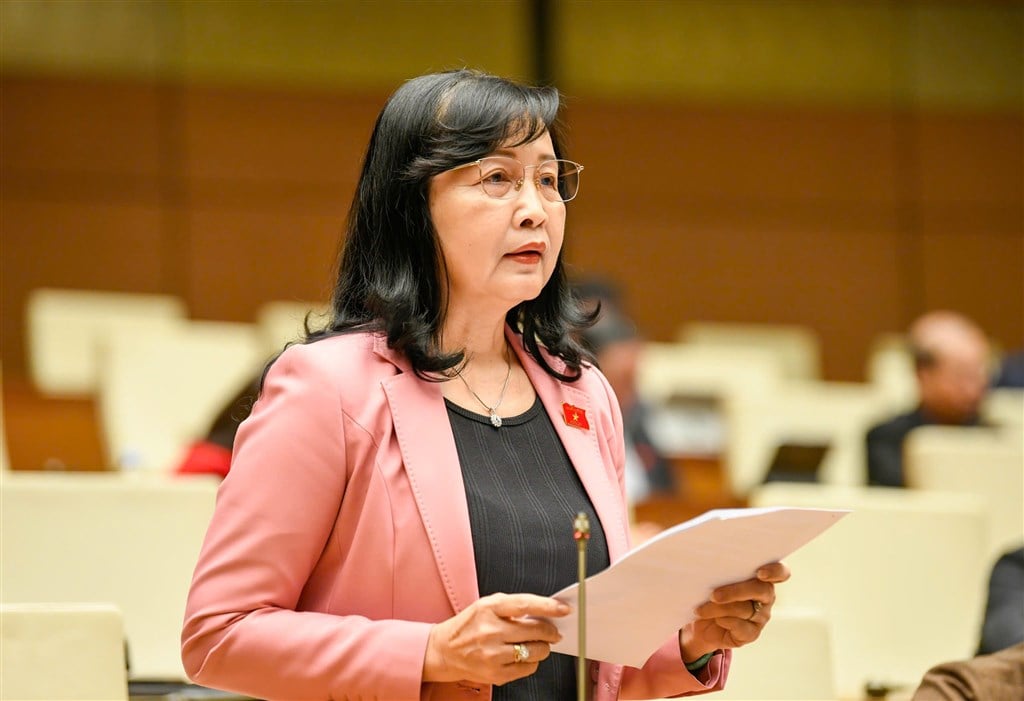
Delegate Tran Thi Thu Dong spoke at the hall.
“ The world is still fiercely debating, we cannot rush”
According to delegate Tran Thi Thu Dong, AI is an inevitable trend and Vietnam needs to develop new technology. But along with opportunities come many risks, especially for the creative community, who are directly affected when their data and works become inputs for AI systems.
She cited: The European Union (EU) took years to come up with a cautious mechanism on data mining for AI. The US, Japan, and South Korea had to continuously adjust their laws after a series of major lawsuits about AI using data without permission. Many countries have temporarily stopped expanding exceptions for AI to prevent the risk of copyright infringement.
"Even the leading countries have not yet found a common voice, so we must be even more cautious" - delegate Tran Thi Thu Dong emphasized.
4 dangers of opening exceptions for AI too soon
Delegate Tran Thi Thu Dong warned of four major risks to the creative community if the regulation is passed immediately:
1. Rampant data collection: Literary and artistic works can be collected en masse to train AI without the author's knowledge or consent.
2. Authors' income is severely affected: When AI can create products that imitate their style, the income from original works can be greatly reduced.
3. AI competes directly with the author: Products created from “borrowed data” compete with the author in the market.
4. Copyright blurring - work distortion: Risk of confusing the author, losing the creative mark, even distorting the original idea.
“This is not a far-fetched concern. There have been many lawsuits in the world related to AI using data illegally,” said delegate Tran Thi Thu Dong.
Article 7, Clause 5: There are still many legal gaps.
Delegate Tran Thi Thu Dong analyzed that the proposed regulation lacks a series of important elements: There are no criteria to determine damage; there is no limit to the range of data types allowed to be used; there is no requirement for transparency of input data; there is no independent monitoring mechanism.
“If left as drafted, this will be a “wide open door” for mass data collection, causing irreparable damage to authors and the cultural industry,” delegate Tran Thi Thu Dong emphasized.
Recommendations not yet included in law
From the above analysis, delegate Tran Thi Thu Dong suggested: Not to include regulations on the use of creative data for AI in the Intellectual Property Law at this time; continue to conduct in-depth research, learn from the experiences of countries handling disputes on AI; perfect the mechanism to ensure balance between innovation and copyright protection.
“We support AI development, but not at the expense of creators’ rights. We cannot turn works into free resources for machine learning,” delegate Tran Thi Thu Dong emphasized.
The speech of delegate Tran Thi Thu Dong added an important perspective to the process of completing the revised Intellectual Property Law project, aiming to ensure the harmony of interests between creativity - technology - development.
Source: https://www.camau.gov.vn/thoi-su-chinh-tri/dai-bieu-tran-thi-thu-dong-khong-the-de-tac-pham-sang-tao-tro-thanh-mo-du-lieu-mien-phi-cho-ai-291434










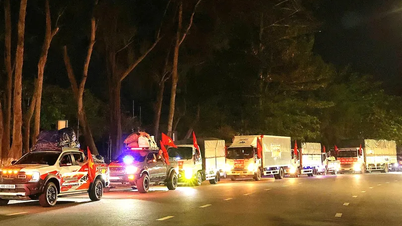

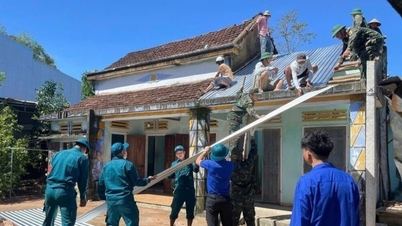

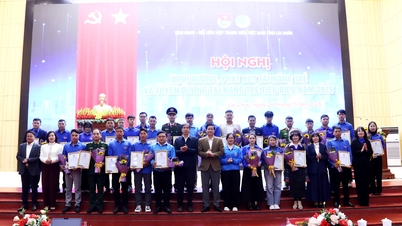










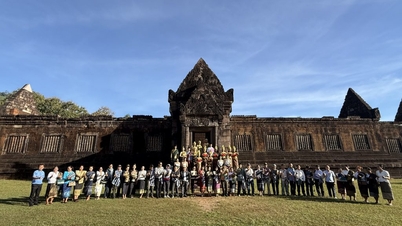
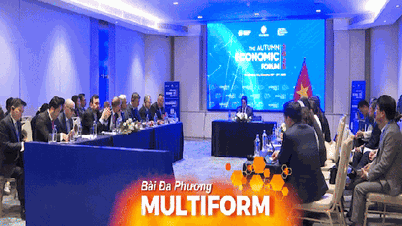

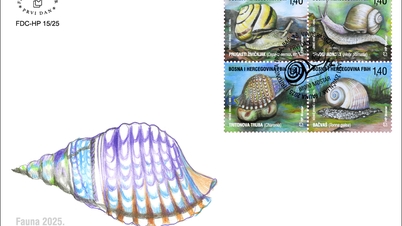
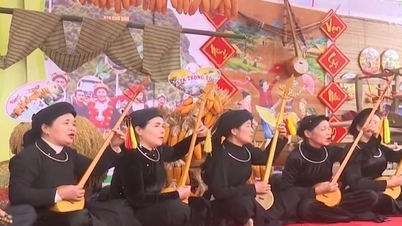



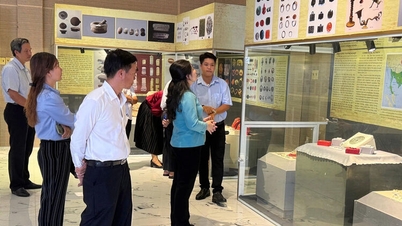



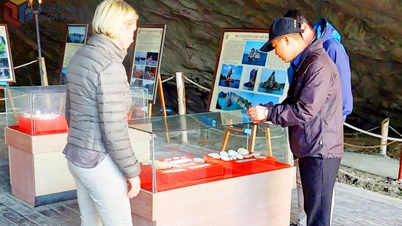



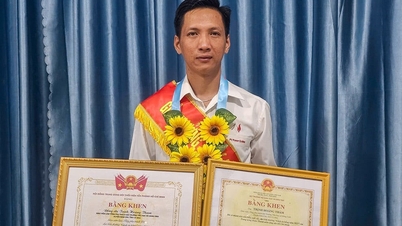

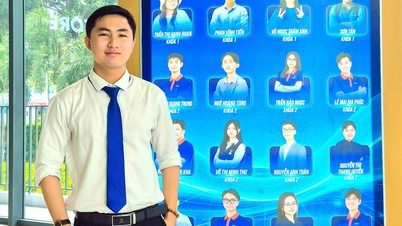

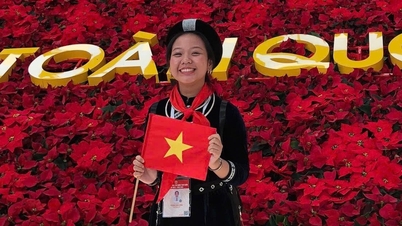

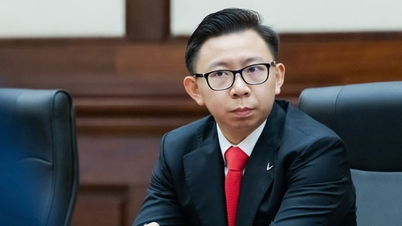
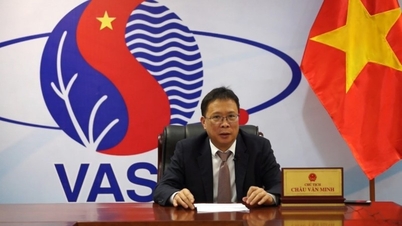
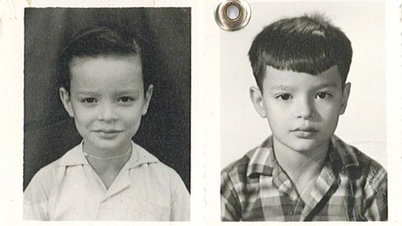


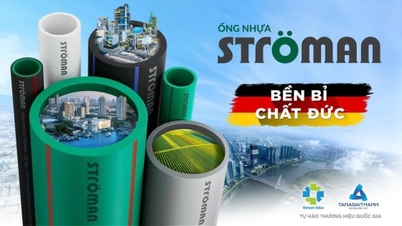

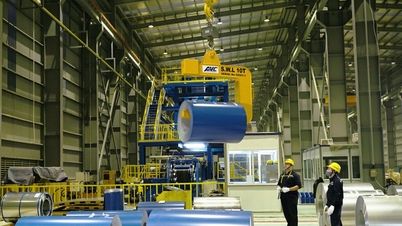
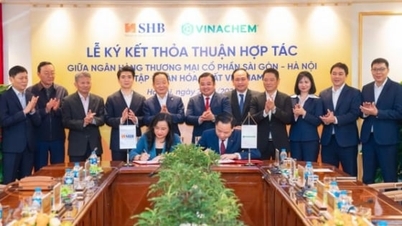
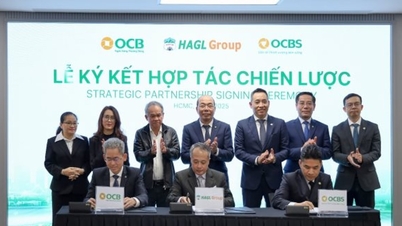










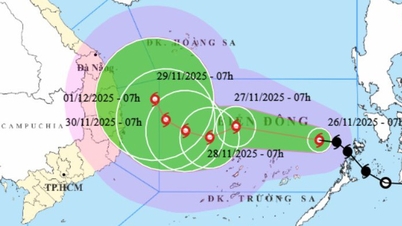
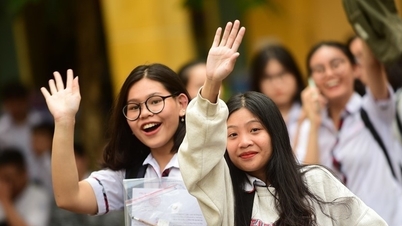

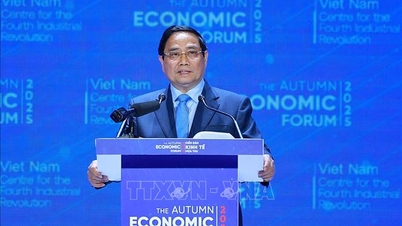

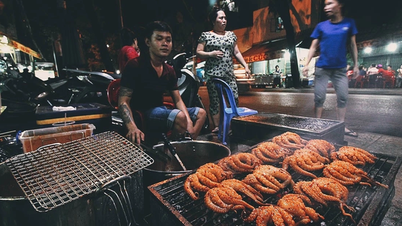
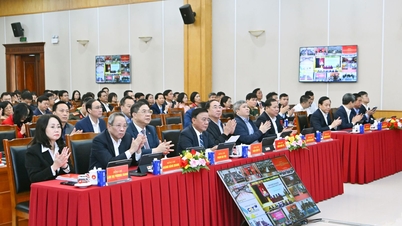

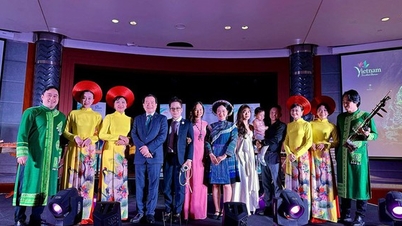
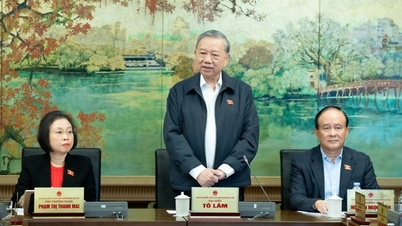
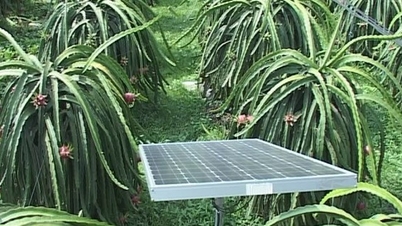

















Comment (0)